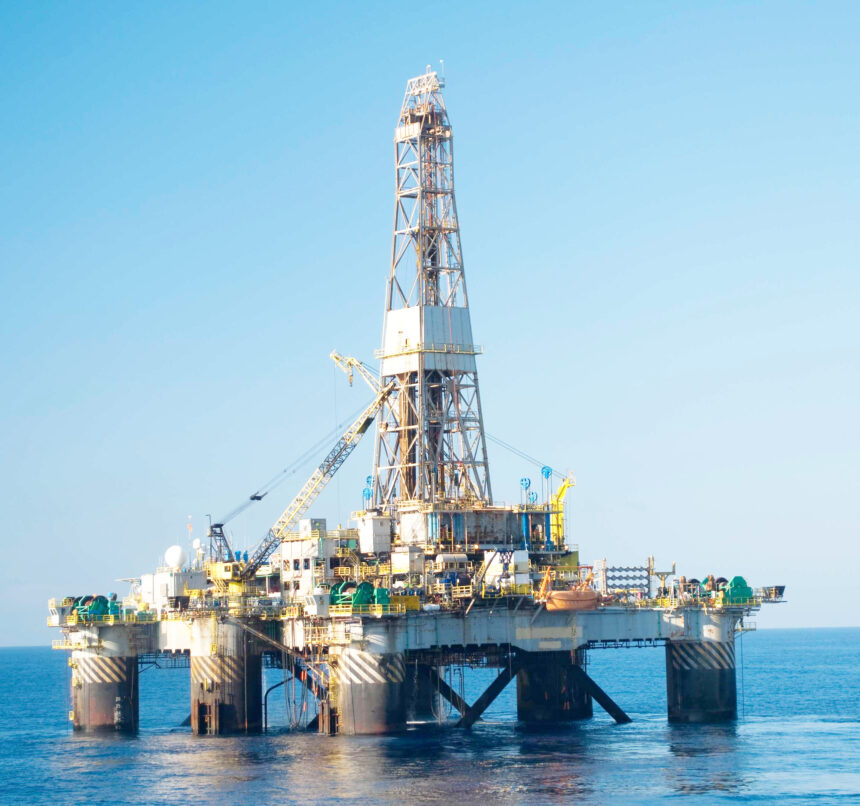The oil and gas sector primarily serves as a source of substantial revenue for the government rather than a significant creator of jobs, an economist said.
The sector has generated considerable excitement among Namibians, following recent discoveries.
“Oil and gas are not a job-creator, but will generate potential revenues for government. Government needs to be thinking about what to do with those revenues. Oil and gas can be a blessing, but it can also be a curse,” said Robin Sherbourne last week during a presentation about his book, ‘State of the Economy’ in Windhoek.
As a country challenged with a high
unemployment rate among other challenges, the economist believes local government should
focus on how to spend the revenue to develop the economy, rather than hoping the emerging sector will create sufficient or much-needed jobs.
Furthermore, he said Namibia should work on getting the policies right and up and running before the sector starts operating to avoid
disappointments.
“The most important thing to get right if you want economic development is economic policy,” Sherbourne advised.
Petroleum commissioner Maggy Shino last month noted that the energy ministry is
analysing the data obtained to determine the commerciality of the oil discoveries.
“Potential still exists in the basin. However, by 2025, we expect the first final investment decision to be made as the Namibian oil and gas projects are still in the pre-final investment decision now,” she said.
Looking at the discoveries, global supermajor Shell stated in July last year that it made a fourth successive discovery of light oil, more than 270km off Namibia’s coast in the Orange Basin.
In March 2023, Shell, QatarEnergy and Namcor successfully concluded operations to drill a further exploration well, Jonker-1X, in the Petroleum Exploration Licence (PEL 0039).
The well was drilled to a total of over 6 000m in water depth of 2 210m. Drilling operations established the presence of a reservoir with light oil, marking Shell’s third discovery in the area.
Shell is the operator of PEL 0039 with a 45% working interest, together with QatarEnergy (45%) and Namcor (10%).
PEL 0039 covers approximately 12 000
square kilometres in deep waters offshore Namibia.



